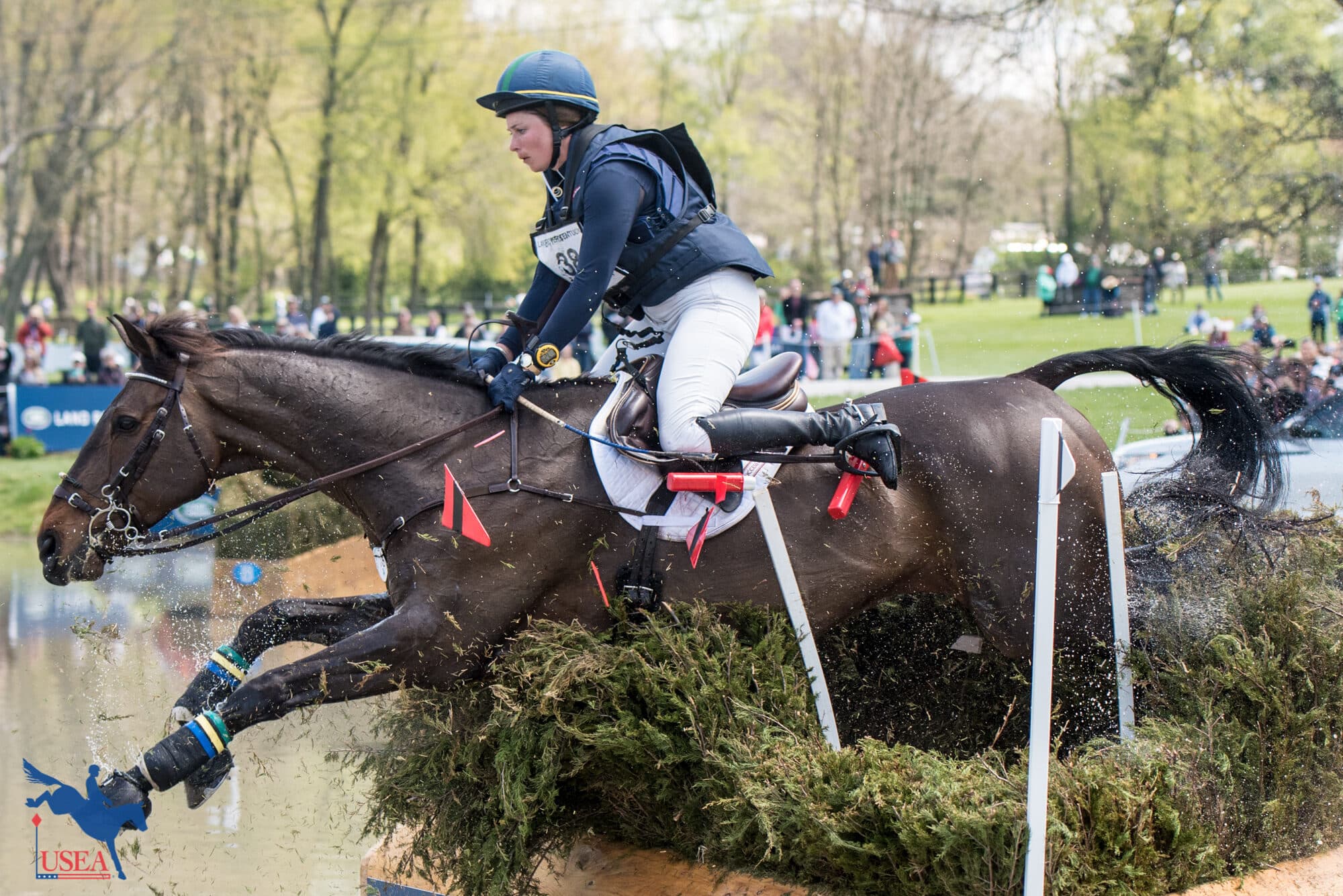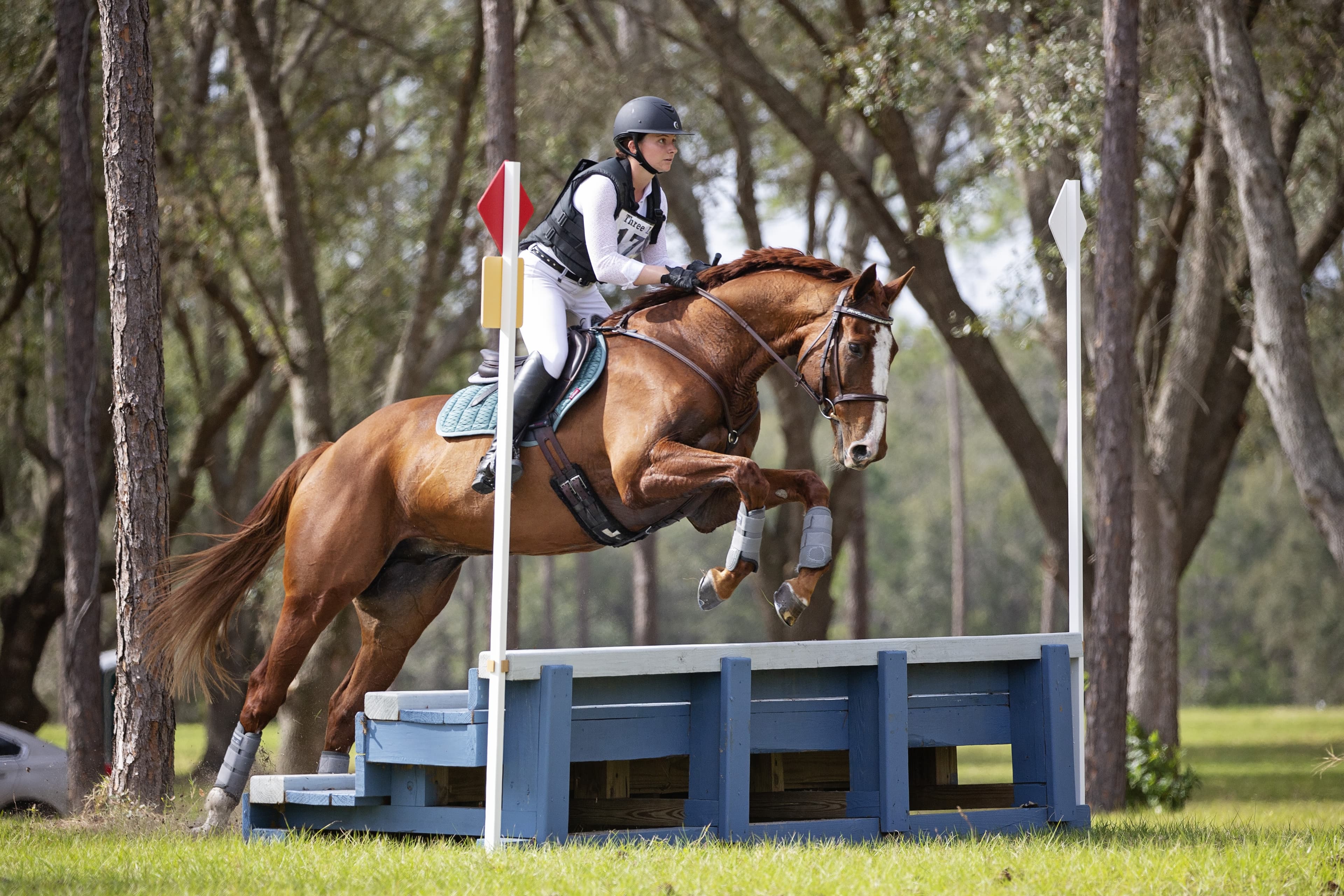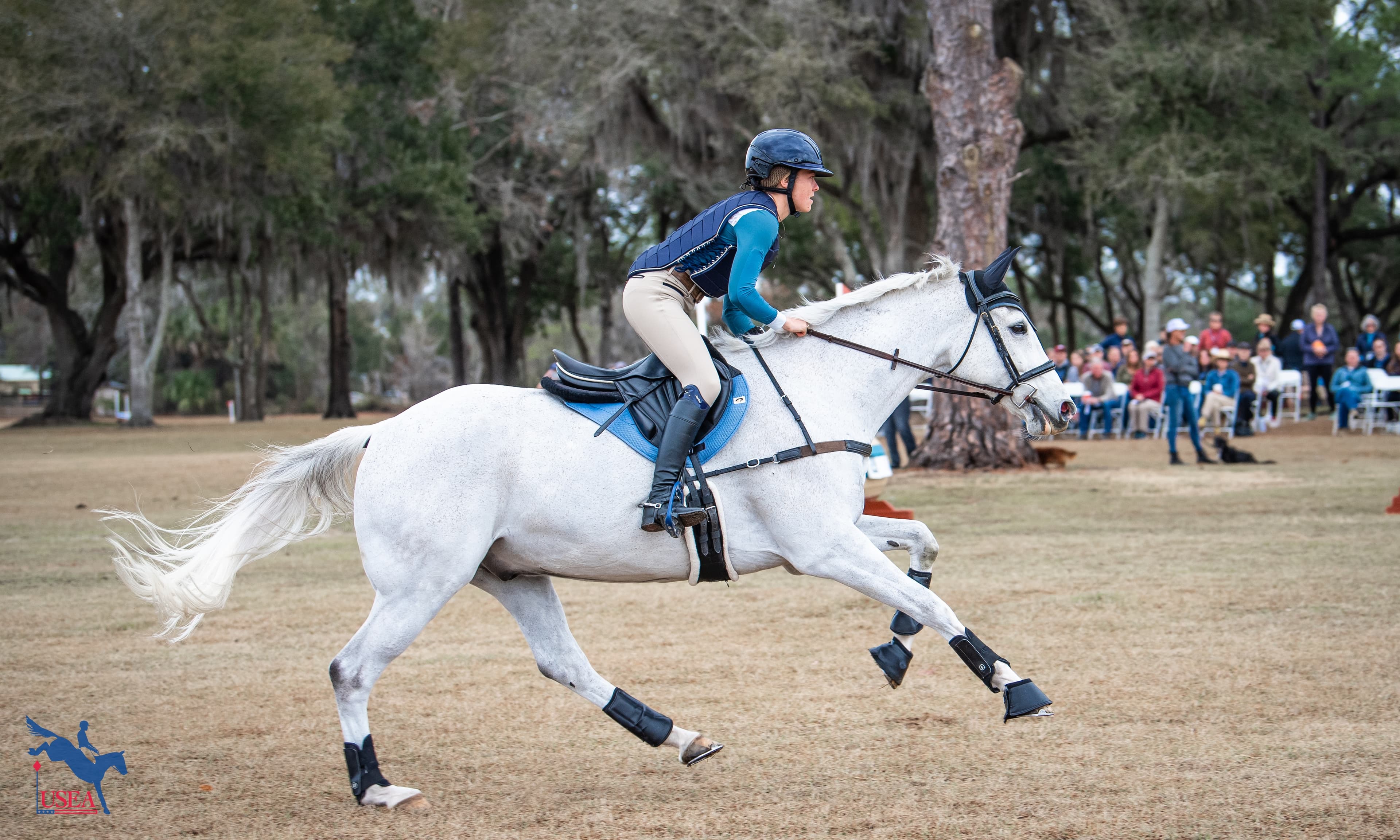Rule Refresher: Inquiries, Protests, and Appeals

Situations occasionally arise where a competitor may wish to lodge an inquiry or a protest. Are you aware of the rules that govern this process? Read on below for rule EV 118: Inquiries, Protests, and Appeals. Text has been taken directly from the USEF Rules For Eventing, with emphasis added by the USEA.
EV118 Inquiries, Protests, and Appeals
1. INQUIRIES. The competitor, a parent or guardian of a competitor under 18 years old, the owner of the horse, or the owner’s agent, may inquire about any perceived irregularity or mis-scoring during the course of the competition. Such inquiries may be addressed to members of the Organizing Committee, to the Ground Jury, or to the Technical Delegate.
2. PROTESTS. The competitor, a parent or guardian of a competitor under 18 years old, the owner of the horse, or the owner’s agent authorized in writing, are entitled to lodge a protest. Protests shall be addressed to the President of the Ground Jury. They must be in writing, signed, and accompanied by a fee of $100 made payable to the Organizing Committee, which will be refunded if protest (or subsequent appeal) is upheld. They shall be delivered to the Event Secretary.
3. TIME LIMITS FOR PROTESTS. PROTESTS SHALL BE LODGED WITHIN THE FOLLOWING TIME LIMITS:
a. Against the eligibility of a horse or a competitor - not later than one hour before the start of the relevant competition.
b. Against the condition of the dressage arena - not later than one hour before the start of the relevant competition.
c. Against an obstacle, the length of the course, the condition of the course, etc., of the cross-country test - not later than 6:00 p.m. on the day before the relevant competition.
d. Against an obstacle, the length of the course, the condition of the arena, etc., of the jumping test - not later than 15 minutes before the start of the relevant competition.
e. Concerning irregularities or incidents during the competition, or scoring (except errors as noted below) - as soon as possible, and not later than 30 minutes after the publishing of the results of the relevant test.
f. Concerning mathematical or transcription errors—not later than 3:00 p.m. the day following the last day of the competition.
4. HANDLING PROTESTS. The Ground Jury shall make a decision, after making a proper investigation and hearing all sides of the case. The President of the Ground Jury must refer any protests which he feels are beyond his discretion to the Organizing Committee. The Event Secretary shall record all protests, forward them to the Ground Jury, and record all decisions of the Jury.
5. APPEALS. An appeal against the ruling of the Ground Jury must be lodged within one hour of the announcement of the Ground Jury’s decision. Appeals shall be addressed to the Organizing Committee. They must be in writing and signed. They shall be delivered to the Event Secretary.
6. HANDLING APPEALS. (See also GR610) In the event of an appeal, the Organizing Committee shall designate three or more knowledgeable horsemen who do not have a conflict of interest and are familiar with the rules for eventing to hear the appeal. The Event Secretary shall record all appeals, shall forward them to the appointed committee and shall record all decisions by the Committee. The Committee shall make a decision, after making a proper investigation and hearing all sides of the case. If necessary, the Veterinarian or the Technical Delegate shall be in attendance in an advisory capacity.
7. A party to a protest or charge desiring to appeal a decision of the Appeal Committee to the Hearing Committee must file an appeal in writing with the Hearing Committee at the Federation’s office within fifteen (15) days of the initial decision. The Hearing Committee will not review the findings but will determine whether the rules were properly interpreted and applied.















